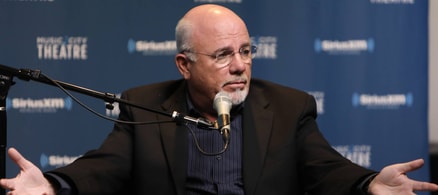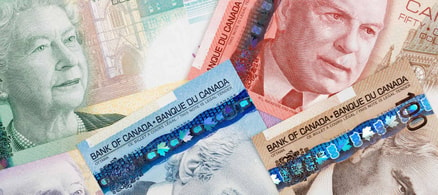Claiming your CPP and OAS abroad
The federal government officially considers you an emigrant for income tax purposes if you leave Canada to live in another country and you sell your home here.
Unless you keep a home here, which would make you a factual resident, or your new home has a tax treaty with Canada, you could lose your benefits.
OAS benefits are typically taken away after six months out of the country unless:
- You lived and worked in Canada for at least 20 years after the age of 18; or
- You lived and worked in a country that has a social security agreement with Canada for at least 20 years.
Meanwhile, to qualify for CPP benefits, you’ll have to have worked at least 10 years in Canada, and contributed to the plan during that time.
But keep in mind that these benefits are taxed like regular income for all Canadians. If you’re a resident elsewhere, the government will automatically deduct the non-resident tax from your payments, which is up to 25 per cent. How much the Canadian government will withhold depends on whether Canada has a tax treaty with your new home country.
You can request a lower tax rate on a Canada Revenue Agency form that also allows you to request your taxes be automatically deducted from your payments.
In some countries, you can even receive your CPP and OAS benefits by direct deposit in the local currency.
Maximize Your Tax Refund with TurboTax Canada!
Simplify tax season with this user-friendly software. Get step-by-step guidance, maximize deductions, and file with confidence. Trusted by millions, TurboTax Canada ensures accuracy and peace of mind. Start your taxes today and get the refund you deserve
Get the tax refund you deserveWhat if I’m already collecting benefits elsewhere?
There are plenty of working years between 18 and 65, and since you only need to have worked in Canada for part of them to receive your retirement benefits, you may also be collecting cheques from a different country too.
For example, say you started your career working for an international company in Canada, but after 10 years, you were offered an opportunity to work out of the Copenhagen office.
During your time in Denmark, you contributed to the Danish pension plan. So when you retire, you’ll claim your benefits from both countries based on the time you lived there and the contributions you made to each respective plan.
Service Canada does note that the requirements vary by agreement, so you’ll want to confirm the details of the arrangement that applies to you before you plan to claim your benefits.
You’ll definitely lose some benefits
The Guaranteed Income Supplement (GIS) is a federal retirement benefit for low-income seniors. It gets tacked on to the OAS monthly benefit and can provide retirees with up to $959.26 in additional income each month.
But if you leave the country for longer than six months, you’ll no longer qualify for GIS payments. And it’s on you to reach out to Service Canada to notify them of your absence, otherwise they may continue to pay you — and once they catch on, they’ll claw back any overpayments.
Don’t forget about your health benefits either. Health care is a provincial mandate, and most provinces require you to be a resident to receive that benefit.
It varies by province, but you’ll typically lose your health coverage if you are out of province for longer than six or seven months.
Newfoundland is the most relaxed of all the provinces, simply requiring you to spend four consecutive months in-province to qualify for your benefits. Nunavut, on the other hand, has the vaguest requirements — you must be a permanent resident of the province, which means you’ve listed it as your primary residence.
Most provinces also recommend anyone spending time away from home buy private health insurance to cover any treatments or services they might need. Depending on the place and your status, you may also qualify for some health care benefits in your new country.
Sponsored
Trade Smarter, Today
With CIBC Investor's Edge, kick-start your portfolio with 100 free trades and up to $4,500 cash back.






